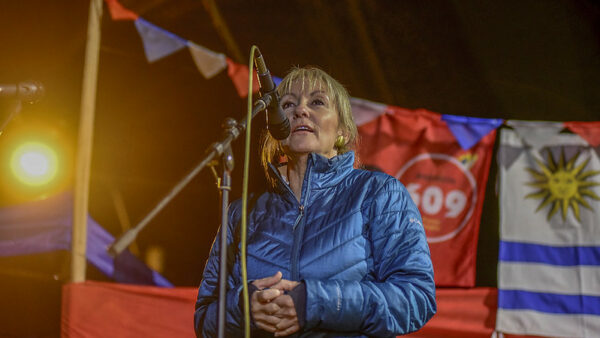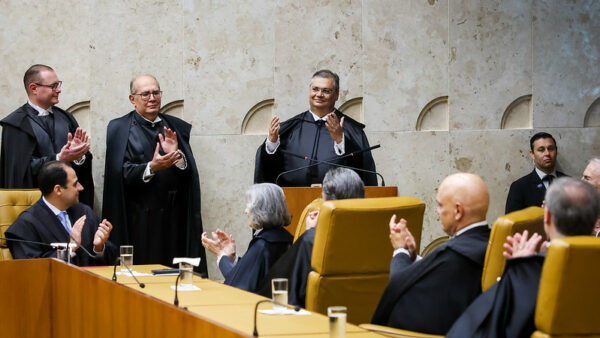Created in 2003 by the Workers’ Party, the conditional cash transfer program — Bolsa Família is one of Brazil’s most successful anti-poverty initiatives. It was created by unifying several existing initiatives introduced by the previous Brazilian Social Democratic Party government. Since then, Bolsa Família has helped millions of families.
It is popular, it works, and it is cheap.
But under the Jair Bolsonaro administration, the program has been for all-intents-and-purposes frozen. Between the election of Jair Bolsonaro, in October 2018, and November 2019 — there were 7.3 percent fewer families enrolled in the cash transfer program. And last year, almost 1.2 million families were cut from the program.
Since the pandemic arrived in Brazil, the government has enrolled 1.2 million new families, pushing the total number of enrolled families to 14.27 million — a 9-percent growth from March 2020, according to data journalism website Núcleo. However, according to a UOL report published on April 28, the government had spent in April, up to that date, only 3.7 percent of the total budget for the social program.
A group of economists at Brazil’s Institute for Applied Economic Research (Ipea) believe that the way to avoid economic collapse is not to expose citizens to a deadly virus, but to expand social programs in order to mitigate the economic effects of the virus. Any expansion of social programs would require the government to enhance its biggest and most successful social program.


 Search
Search






































